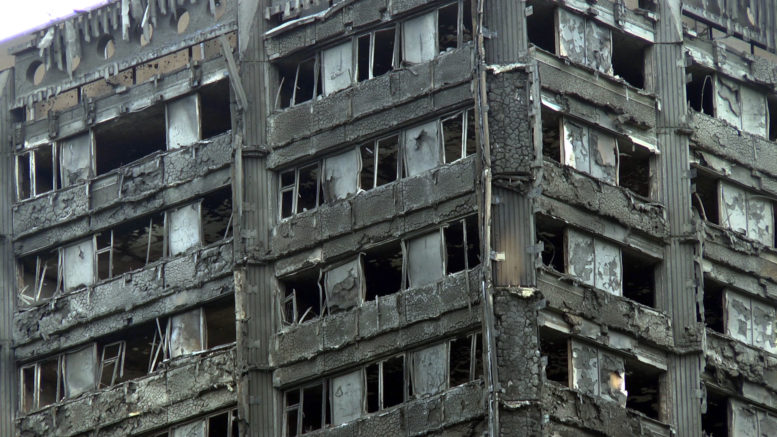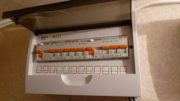Following the horrific fire at Grenfell Tower, various bodies have become concerned about the fire risk posed by domestic appliances. Which? The consumer body, are the latest to call for urgent action be taken for the product recall system, where faulty products need to be re-called.
The scale of the fire risk problem was perhaps not widely recognised before the Grenfell Tower tragedy, but now the statistics are rearing their very disturbing head. 36%, that is over one-third, of accidental house fires are caused by faulty appliances.
The London Fire Brigade are called to over 1000 fires which originated in washer-dryers every year. Taken nationally, in the year 2015/16, 17065 fires were caused by domestic appliances in England, 1,347 caused by washers and dryers. Most fires were reported to be caused by ovens and hobs – possibly surprising given the prevalence nowadays of candle use – though chip-pan fires and any burning food are perhaps more explainable as fire risks, and in many cases, are down to carelessness or neglect of the home-owner/tenant.
What is more worrying is that the Fire Service says fires caused by washers and driers are as results of faults and beyond the control of the householder. They are also the only white goods (appliances) that are left on constantly.
The manufacturers of the Whirlpool brand have acknowledged that 2 types of dryer, branded under Hotpoint, Indesit, Creda, Proline and Swan, manufactured between April 2004 and September 2015 need to be modified, after a number of fires were caused. It appears that the problem with their dryers arises when excess fluff catches in the heating element.
The safety notices were first issued in 2015, with owners being advised that the dryers were still safe to use, though should not be left unattended. This seems to have been optimistic, as in the early part of 2017, the advice was changed and customers were told to unplug their dryers and not use them until the faults were rectified.
Whilst 885,000 dryers have been modified and are now safe to use, there could be almost 3 million Whirlpool appliances in British properties and rectifying the issues will take a long time, with a high fire risk still remaining.
There are various registration schemes, with databases and manufacturers websites, but the Fire Service believe there should be a single recall scheme and is running the Total Recalls Campaign, so that there is a more efficient database which will help avoid some products falling through the net and will allow purchasers access to information on recalled products.
They offer some advice to private sector landlords:
Register any appliances purchased for tenants with the manufacturers.
Check the appliances are not on the recall register.
Take the trouble to visually inspect all electrical appliances and electric sockets. Are any leads damaged, are plugs firmly fitted?
Tell tenants that any unusual noises or smells from appliances must be reported to the landlord – who must then check it out.
Don’t leave fridges or freezers in communal areas.
Always doing regular property inspections should ensure that appliances are not left in cluttered spaces where any spark could ignite a huge fire almost instantly, and that escape routes are clear of appliances.
Landlords can take all the good tips provided, but it won’t necessarily safeguard their properties from fire risk. Nor will decisions to not provide appliances – the tenant needs them and will provide their own; leaving the property (and the tenant) still at risk of a faulty appliance. For the sake of your property, and the tenant’s health and safety, perhaps consider having all appliances tested, under Portable Appliance Testing. It could save lives and a great deal of cost and inconvenience, if it avoids a conflagration.
For advice on buy to let issues – General Knowledge








Be the first to comment on "Which? Warns About the Fire Risk of Appliances"